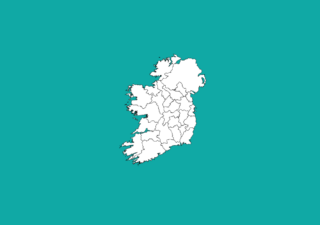Register to teach
How to register
Check what you need to do in order to register.
Renew my registration
Teachers must renew their registration annually.
Vetting
All teachers are legally required to be vetted by the National Vetting Bureau. It is the role of the Teaching Council to administer vetting for teachers in Ireland.
Professional Learning
The Teaching Council has many functions relating to teacher education.
Research
Promoting a culture of shared learning in which research and leading practice is encouraged and applied within the classroom setting is an important objective for the Teaching Council as set out in its Research Strategy.
Initial teacher education
To become a primary, post-primary and further education teacher in Ireland, you must complete a programme of initial teacher education (ITE).
Wellbeing
At the Teaching Council, we hold the wellbeing of all teachers and learners in the highest regard.
Cosán
Cosán is a framework developed to support the continuing professional development of teachers.
Latest News
Enhanced vetting measures to strengthen safeguarding and protection of children
Update for those who have resided in another EU member state or in the UK.
[Update] Droichead Temporary Measure – additional pathways for primary NQTs to complete Droichead
The Teaching Council has extended a timebound measure to enable primary newly qualified teachers (NQTs) employed on Supply Panels or in Principal Release Time…
Beware of fraudulent calls impersonating the Teaching Council
We will never request payment over the phone for the renewal of your registration. Please don’t share personal information or payment details over the…
Fitness to Teach
The Teaching Council is responsible for promoting high professional standards in teaching. Any person including members of the public, employers and other teachers may make a complaint about a registered teacher.


